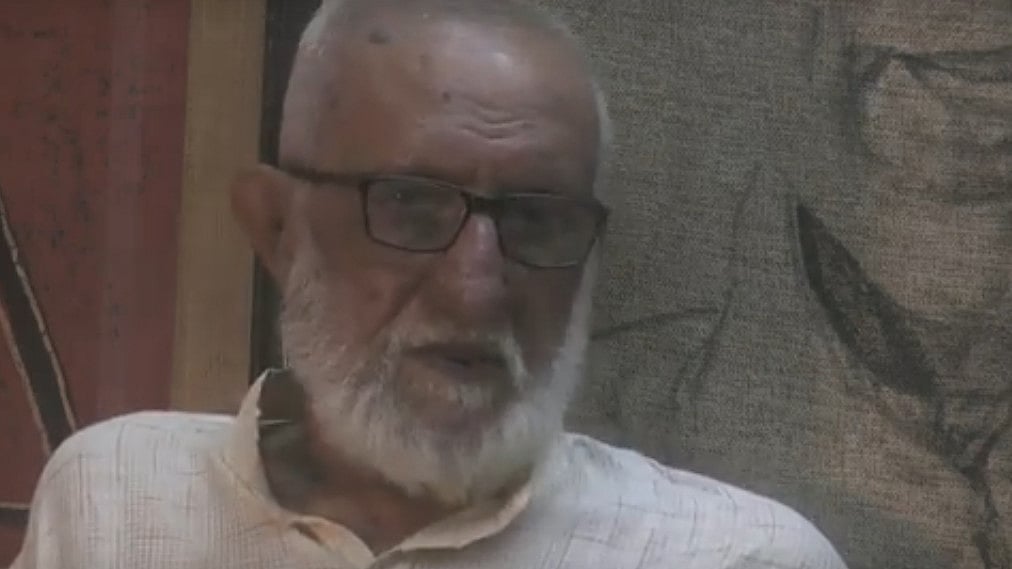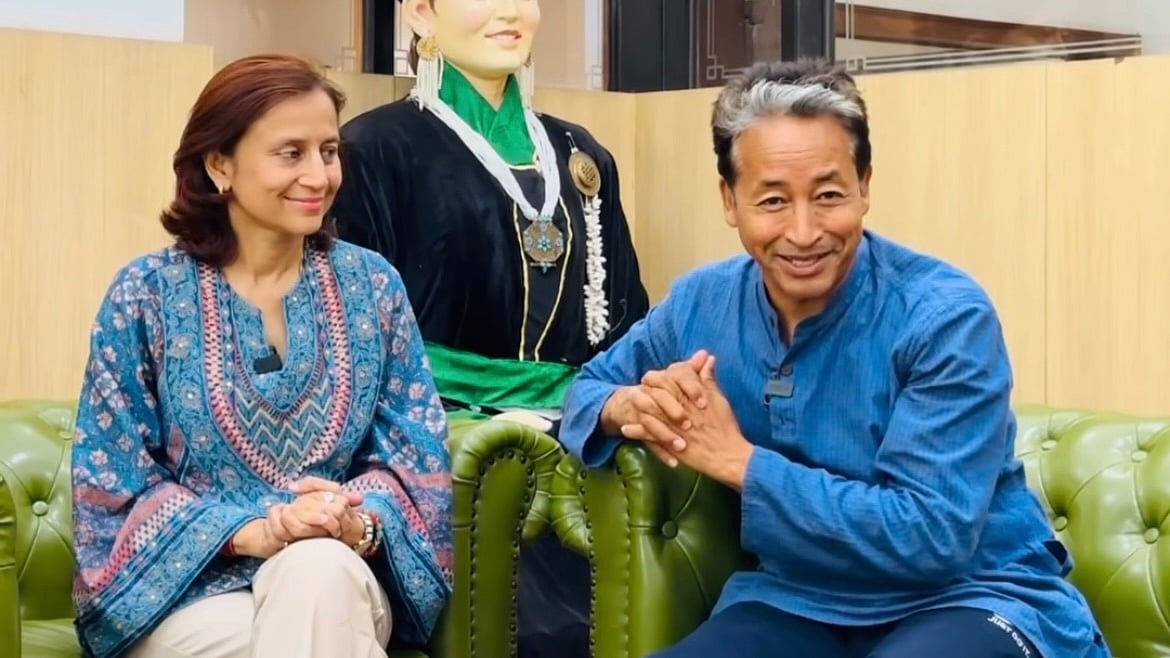Analysing the aftermath of the initial phase of the 2024 Lok Sabha elections, all eyes are on Tamil Nadu's voter turnout, which registered at a modest 62.19%. This figure is particularly significant for the Bharatiya Janata Party (BJP), which has set an ambitious goal of securing over 400 parliamentary seats. The BJP's performance in Tamil Nadu holds critical importance as it aims to expand its political influence beyond its traditional strongholds in the northern regions of India. Under Prime Minister Narendra Modi's leadership, the BJP's strategy in Tamil Nadu, led by K. Annamalai, focuses on extensive outreach efforts. However, the opposition DMK-Congress alliance poses a formidable challenge, historically performing well in the state and showcasing enduring strength across regions like Rajasthan.
Local issues and internal conflicts provide an opportunity for the opposition to exploit BJP vulnerabilities, notably in Uttarakhand, Uttar Pradesh, and the Northeast. The “Jat factor” also emerges as crucial, with the BJP's outreach aiming to sway Jat voters but risking potential backlash. The recent disturbances in Manipur highlight concerns about democratic processes and regional neglect by the central government, prompting questions about inclusivity and India's democratic framework. Overall, the first phase sets a complex political narrative, shaping the BJP's path towards its ambitious goal and defining India's democratic trajectory.
Can Tamil Nadu’s voter turnout signal a new dawn for the BJP?
The 2024 Lok Sabha elections in Tamil Nadu have emerged as a crucible for the Bharatiya Janata Party (BJP) as it endeavors to forge a deeper connection with the Dravidian heartland. The state's voter turnout, standing resilient at 72.09%, not only reflects a robust democratic ethos but also unravels a narrative of challenges for the BJP in its southern odyssey.
While the turnout slightly dips compared to previous elections, the BJP finds solace in strategic victories. Annamalai's strategic positioning, notably contesting from Coimbatore, resulted in an impressive 70% voter participation in the constituency, overshadowing the state's average of 61%. For a party that once held a mere 2.5% vote share, every surge signifies a crucial stride towards solidifying its ideological roots in Tamil Nadu.
The ramifications of this electoral saga stretch beyond numbers. A potential ideological resurgence in the post-Periyar era could herald a paradigm shift in southern Indian politics, reshaping the entrenched Dravidian narrative. The BJP's aspirations in Tamil Nadu transcend mere electoral gains; they represent a quest for a lasting stronghold capable of shaping regional dynamics for years ahead.
Nevertheless, hurdles loom large. The BJP's path to Tamil Nadu's political fabric encounters stiff resistance from entrenched regional giants like the DMK-Congress alliance, boasting an impressive 38 out of 39 seats in the past Lok Sabha elections. Success hinges on the BJP's adeptness in navigating intricate socio-political landscapes and resonating with the electorate's deepest aspirations.
Amidst the pursuit of a broader national mandate, Tamil Nadu's voter turnout and ensuing electoral dynamics stand as pivotal benchmarks, signifying the BJP's potential to transcend regional confines and emerge as a formidable pan-Indian force. The 2024 elections may well script a transformative chapter for the BJP in Tamil Nadu, sculpting a new trajectory in the state's political narrative. This dip in engagement poses a pivotal moment for the DMK-Congress alliance, which has historically triumphed with 38 out of 39 seats. Now, however, the alliance confronts a juncture demanding introspection and strategic recalibration.
The diminished turnout, notably palpable in urban hubs like Chennai with a four percent decline, hints at potential complacency among voters — a phenomenon that could prove detrimental to the alliance's aspirations. The DMK's regional stronghold and Congress's broader national appeal have traditionally thrived on robust voter mobilisation, making this turnout dip a red flag, signaling possible voter apathy or contentment with the status quo. For the Congress, grappling with a national decline, Tamil Nadu's electoral theatre assumes paramount importance. A strong performance here isn't just about maintaining relevance but also about fortifying the alliance's united front against the BJP's advances. Any setbacks in Tamil Nadu would reverberate beyond regional politics, impacting the broader opposition narrative in India.
The initial phase of the 2024 Lok Sabha elections has ignited a dynamic political landscape in Rajasthan, Madhya Pradesh, and Western Uttar Pradesh, with the "Jat factor" assuming a central role, particularly in Western UP and Rajasthan. In Rajasthan, where the BJP faced stiff competition in 12 constituencies, caste equations and the performance of Union ministers in the fray garnered keen scrutiny. With intense campaigning and a 57.3% voter turnout, the state remains a crucial indicator of the BJP's electoral prospects. This region, known as the Sekhawati region, has discontent with Jats and Rajputs against the BJP. Madhya Pradesh, contributing 29 Lok Sabha seats, saw a 67.08% voter turnout across six constituencies in the first phase. The slight decline from 2019 and localised disputes in Chhindwara hint at shifting voter sentiments. Chhindwara holds significance as a longstanding bastion of the Kamal Nath-led Congress family.
Western UP, wielding significant Jat influence, witnessed a 57.54% voter turnout. The BJP's alliance with the RLD and homage to Chaudhary Charan Singh aimed to solidify Jat support. Yet, the region's intricate social fabric and substantial Muslim vote could sway electoral outcomes.
The Jat community's sway extends beyond Western UP into Haryana, where their discontentment over the farmers' protests and the BJP's response may impact both Lok Sabha and Assembly elections. This phase serves as a litmus test for the BJP's Jat outreach and strategic maneuvering within these complex caste dynamics, shaping the narrative for subsequent phases and redefining the political landscape for major parties. The initial phase of the 2024 Lok Sabha elections in Manipur and the Northeast unfolded against a backdrop of unrest and political soul-searching. In Manipur, recent ethnic violence loomed large over the electoral process, prompting scrutiny of the central government's dedication to safeguarding the region's fundamental rights. Despite these challenges, voter turnout in Inner and Outer Manipur stood at 67.08% and 77.6%, respectively, showcasing a resilient democratic spirit.
In the Northeast, often relegated to the political periphery, states like Tripura boasted over 80% voter participation, signaling a strong desire for political agency and inclusivity, juxtaposed against concerns of governance and regional neglect. The region's engagement serves as a clarion call for central authorities to address fundamental rights and bridge the gap of isolation that plagues the Northeastern states.
The author is a visiting professor of journalism, a political columnist and a doctoral research scholar. He tweets at @sayantan_gh. Views are personal










